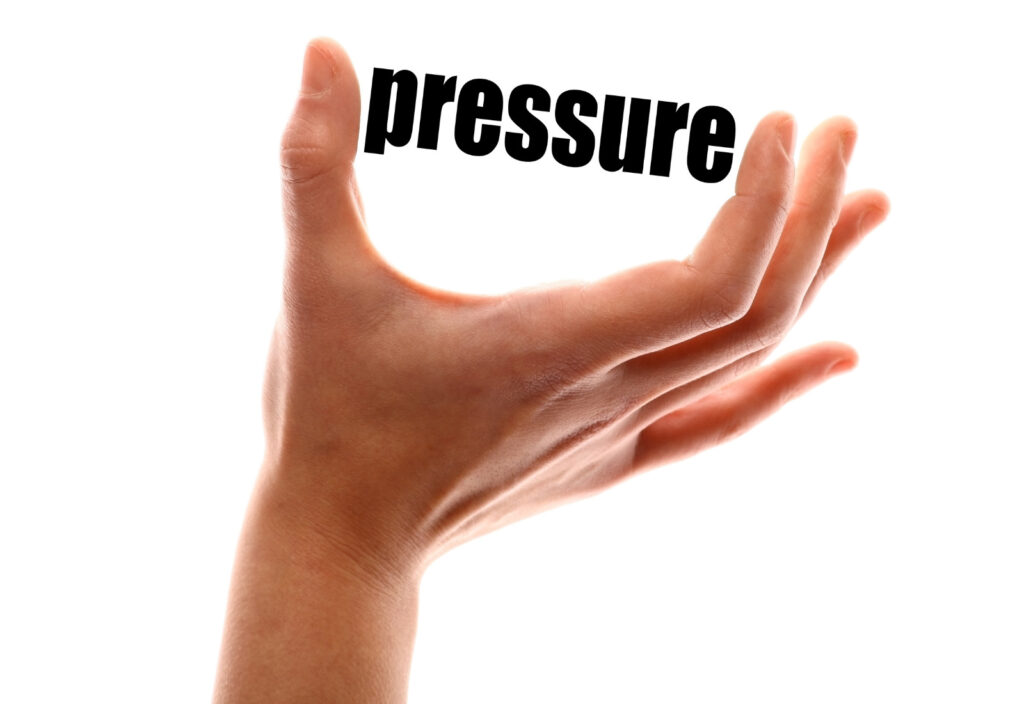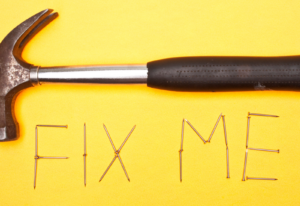On the heels of my last post discussing the limited situations under which a lawsuit can be filed against a cannabis business owner, today’s post will kick off a series of other ways you can protect yourself and exert leverage in a lawsuit. This is a key question as so many in the cannabis industry are hurting and have limited capacity to litigate OR to settle their disputes – it’s imperative now more than ever to make sure your strategies and tactics are efficient and effective. One potent tool in this arena is the writ of attachment, a prejudgment remedy that can offer substantial leverage and protection.
Understanding the mechanics of attachment
A writ of attachment is a legal instrument that empowers a creditor, often the plaintiff, to establish a lien on the assets of the defendant during the pendency of a lawsuit. The lien acts as a security interest, providing the creditor with priority over potential future creditors that may emerge as the case unfolds. This can be a powerful incentive for defendants to engage in settlement negotiations and avoid long (think 2-3 years) legal battles.
Qualifying for a writ of attachment
While the benefits are clear, it’s important to recognize that obtaining a writ of attachment in cannabis litigation — as in any litigation — is no small feat. The process is marked by stringent statutory requirements and technical intricacies. These vary by state, but you can expect to need to prove some or all the below:
- Contractual Basis: To initiate the pursuit of a writ of attachment, the claim must be founded upon an express or implied contract.
- Quantifiable Amount: The claim must be of a fixed or readily ascertainable amount exceeding $500. This stipulation ensures that damages can be computed with a reasonable degree of certainty.
- Secured by Personal Property: The claim must not be secured by real property; instead, it should be either unsecured or secured by personal property.
- Commercial Nature: The claim is required to be commercial in nature, aligning with business transactions rather than personal disputes.
Benefits of obtaining a writ of attachment
- Leverage for Settlement: A writ of attachment can significantly tip the scales in favor of the plaintiff, compelling the defendant to engage in settlement negotiations to protect their assets.
- Priority Creditor Status: By securing a lien on the defendant’s assets, you position yourself as a priority creditor, ensuring that you stand ahead of potential future claimants.
- Enforcement of Future Judgments: In the event that a favorable judgment is obtained, the attached assets can be seized and liquidated to satisfy the awarded damages, streamlining the enforcement process.
Conclusion
A writ of attachment can be a formidable tool in cannabis disputes, providing security and leverage in the face of a pending lawsuit. While it may not make sense to pursue one in all cases because of the extensive process, it’s perfect in certain situations and can be the single difference between getting a favorable settlement quickly, or not.
Need Help With California Cannabis Law?

























